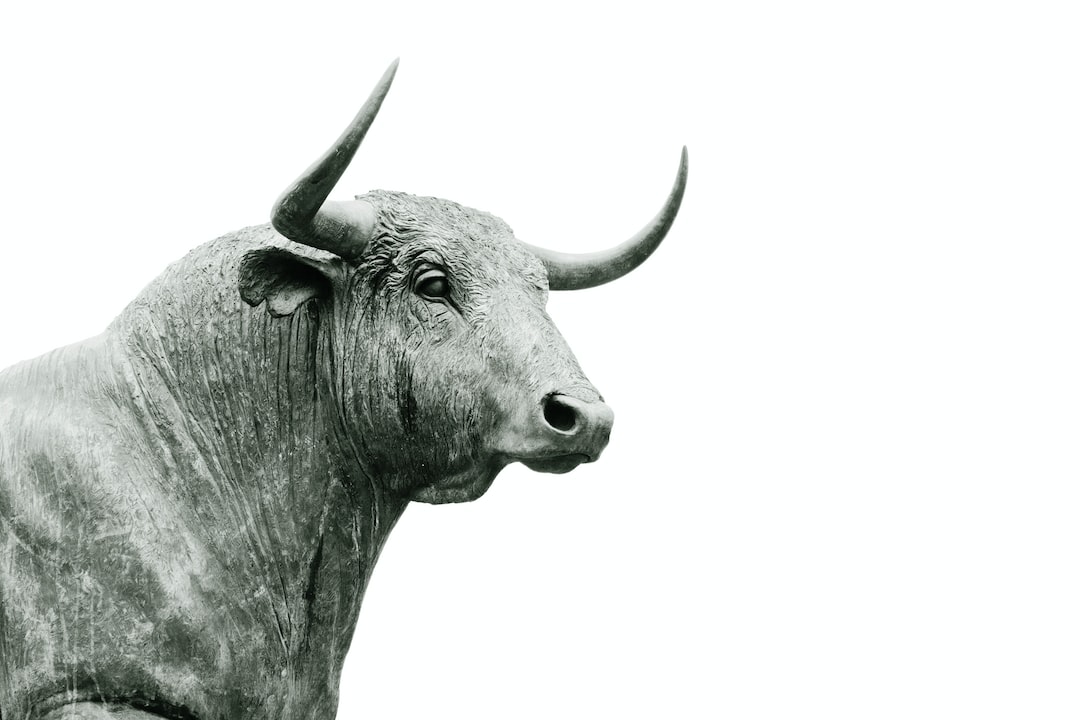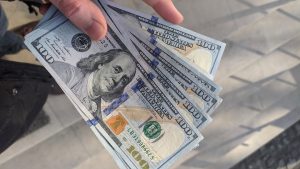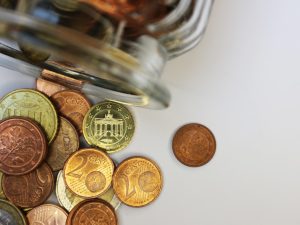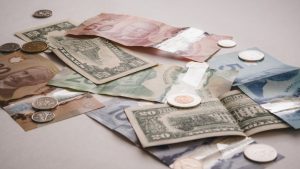Forex, also known as foreign exchange or currency trading, is the act of buying and selling currencies with the aim of making a profit. The forex market is the largest financial market in the world, with an estimated daily trading volume of $6.6 trillion. But who is open for forex trading?
Individuals
Individuals are the most common participants in the forex market. Anyone can open a forex trading account with a broker and start trading. Forex trading is popular among individuals because it offers the potential for high returns with relatively low capital requirements. Also, forex trading is accessible around the clock, meaning that traders can participate in the market at any time that suits them.
However, forex trading is not for everyone. It requires knowledge, skills, and experience to trade successfully. Traders need to understand technical and fundamental analysis, risk management, and trading psychology. They also need to keep up with global economic and political developments that affect the currency markets.
Institutional Investors
Institutional investors, such as banks, hedge funds, and asset managers, are also active participants in the forex market. They trade currencies on behalf of their clients, such as pension funds, endowments, and high net worth individuals.
Institutional investors have access to more resources and expertise than individual traders. They can use sophisticated trading strategies, such as algorithmic trading and high-frequency trading, to gain an edge in the market. They also have access to research and analysis from their in-house teams and external providers.
However, institutional investors face their own challenges in forex trading. They have to deal with large trade sizes, which can move the market in their favor or against them. They also have to manage their clients’ expectations and provide transparency and accountability for their trading activities.
Corporations
Corporations are another group of participants in the forex market. They trade currencies to manage their foreign exchange risk, which arises from their international trade and investment activities. For example, a multinational corporation that imports raw materials from overseas and sells finished products in different countries may be exposed to currency fluctuations that affect its profits.
Corporations can use various hedging strategies, such as forwards, options, and swaps, to mitigate their currency risk. They can also engage in speculative trading to earn profits from currency movements. However, unlike individual traders or institutional investors, corporations do not trade currencies for their own account but for their business operations.
Governments and Central Banks
Governments and central banks are the most influential participants in the forex market. They use their monetary and fiscal policies to influence the value of their currencies and manage their economies. For example, a central bank may lower interest rates to stimulate economic growth, which can weaken its currency, or raise interest rates to control inflation, which can strengthen its currency.
Governments and central banks also intervene directly in the forex market by buying or selling currencies to maintain their desired exchange rate levels. For example, a government may sell its currency to reduce its value and make its exports more competitive, or buy its currency to increase its value and attract foreign investment.
However, government and central bank intervention can create volatility and uncertainty in the forex market. Traders need to be aware of the potential impact of such actions on currency prices and adjust their trading strategies accordingly.
Conclusion
Forex trading is open to anyone who wants to participate in the world’s largest financial market. However, different groups of participants have different motivations, resources, and challenges. Individual traders seek to make profits from currency movements, while institutional investors and corporations manage their currency risk and seek to optimize their returns. Governments and central banks use their policies and interventions to influence their currencies and economies. Understanding the dynamics of the forex market and the various participants is essential for successful trading.





